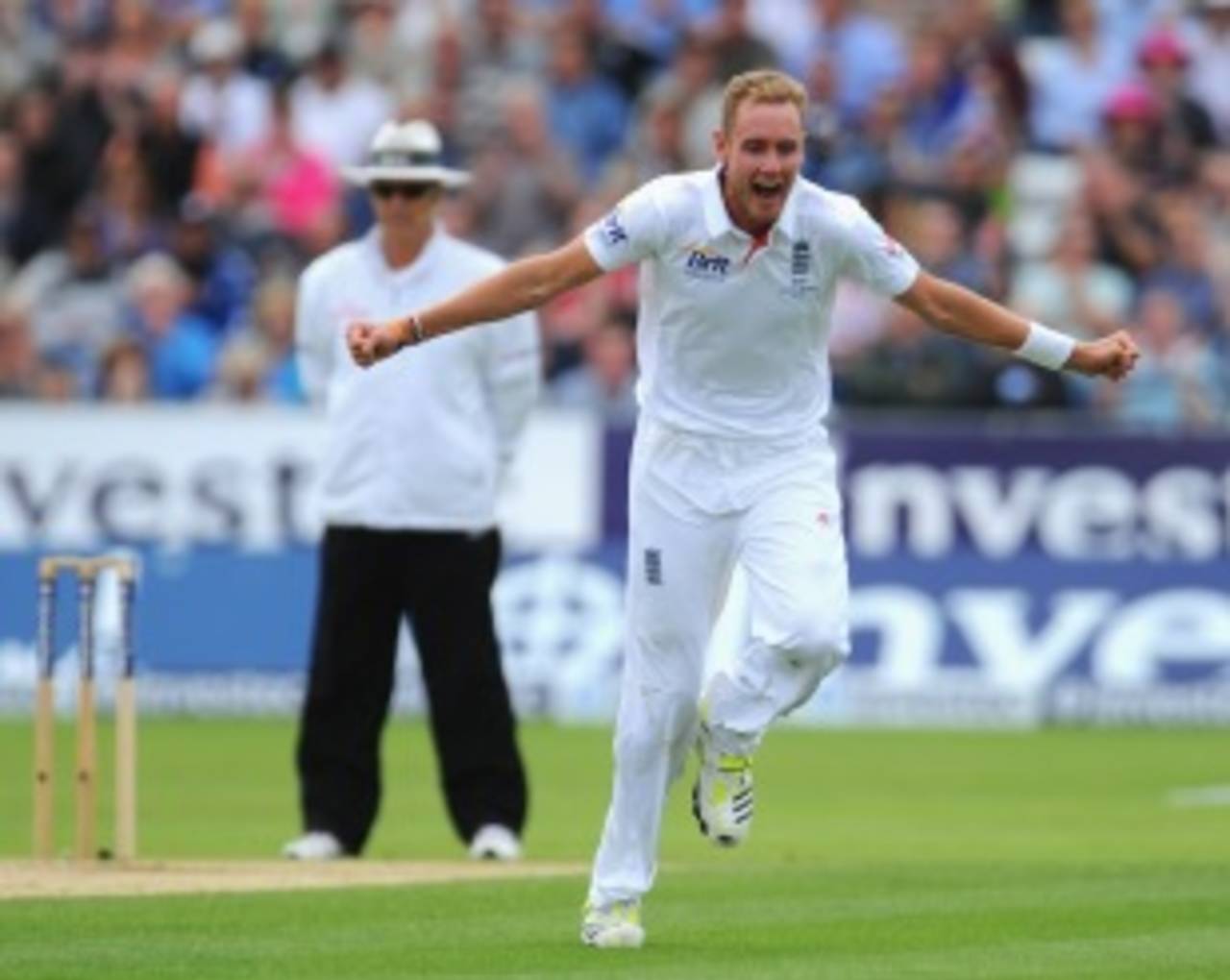England getting ahead 3-0 in the Ashes and Broad's best
Stats highlights from England's win over Australia at Durham in the Ashes

Stuart Broad's career-best figures helped England to Ashes victory • Getty Images
Shiva Jayaraman is a sub-editor (stats) at ESPNcricinfo